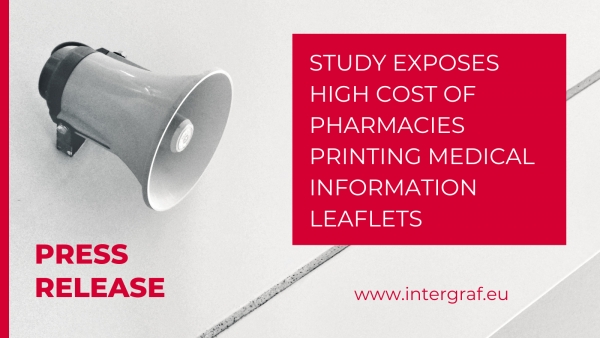20 January 2016

New National Living Wage likely to increase costs from April
Last July's Budget Statement announced that from April this year the Government will introduce a new mandatory National Living Wage (NLW) for workers aged 25 and above, initially set at £7.20. The current adult National Minimum Wage (NMW) was increased to £6.70 from 1 October last year, and from this April the NLW premium will come into effect on top of the NMW, taking the NLW to £7.20 an hour for workers aged 25 and older. (The lower NMW rates will still apply for workers aged 24 and under). Employers who fail to pay workers the NLW (or NMW) face penalties of 200% of arrears (up to a maximum of £20,000 per underpaid worker) and disqualification from being a company director for up to 15 years.
On 8 July, the Government published a new remit for the Low Pay Commission, asking it to recommend the level and path of the NLW going forward, with the target of the total wage reaching 60% of median earnings by 2020 (£9 an hour at current figures). The LPC will also continue to provide recommendations for the other NMW rates, as they have done previously.
Although the Office of Budget Responsibility (OBR) estimates some 60,000 jobs could be lost as a result of these changes, the Treasury has predicted that 1.1million jobs will be created as a result of the 2015 Budget overall. Corporation tax was cut by two percent to 18 percent in order to offset the predicted one percent impact on corporate profits, and the new Employment Allowance for small firms was increased by 50 percent to £3,000.
Some 2.7 million low wage workers are expected to enjoy a direct boost to their pay following the introduction of the NLW this April, while the OBR estimates that a further 3.25 million people could also see an increase in wages as a result. By 2020, individuals aged over 25 working 35 hours a week and previously earning the minimum wage could see their gross wages increase by around a third compared to 2015-16, or £5,200 in cash terms. One of the Treasury's arguments for introducing the National Living Wage is that there are more people in the UK on low pay compared to other advanced economies: around one in five UK workers was 'low paid', compared to an average of only one in six among the other 33 Organisation for Economic Co-operation and Development (OECD) countries*.
According to the BPIF Manpower Survey, around 10,000 employees in the print industry (approximately 8% of the workforce) earned less than £7.20 an hour in 2014, although there are likely to be fewer by April this year. But member companies may well face additional costs from April as a consequence of wage rises applied by suppliers in order to implement the NLW should these be translated into price increases. The BPIF Government & Industry Committee is gathering data on the impact of this factor and will keep the matter under close review.
The introduction of the NLW may also lead to claims for restoration of differentials in pay rates from employees currently receiving rates higher than the NLW. Members will need to plan carefully how to implement this change and our HR Advisers can help you assess any potential knock-on effects to existing pay scales or grading structures and to pensions and other employee benefits.
*The OECD definition of 'low paid' is 'less than two-thirds of gross median earnings
 Intergraf Economic News (Paper Prices) - March 2024
Intergraf Economic News (Paper Prices) - March 2024
18 March 2024
Access the latest edition of the Economic Newsletter for the European Printing Industry for data on paper consumption, and pricing data for pulp, paper and recovered paper. Data for packaging papers and board is also available with this edition.
 STUDY EXPOSES HIGH COST OF PHARMACIES PRINTING MEDICAL INFORMATION LEAFLETS
STUDY EXPOSES HIGH COST OF PHARMACIES PRINTING MEDICAL INFORMATION LEAFLETS
7 March 2024
Intergraf welcomes the release of a study by our partner MLPS (Medical Leaflet = Patient Safety), a subgroup of the European Carton Manufacturers Association (ECMA) shedding light on the potential economic costs associated with the proposed use of Print on Demand (PoD) leaflets in the pharmaceutical legislation revision.

The BPIF is the printing industries champion. By becoming a member you join a diverse and influential community. We help you solve business problems, connect you to new customers and suppliers and make your voice heard in government.
Call 01676 526030









